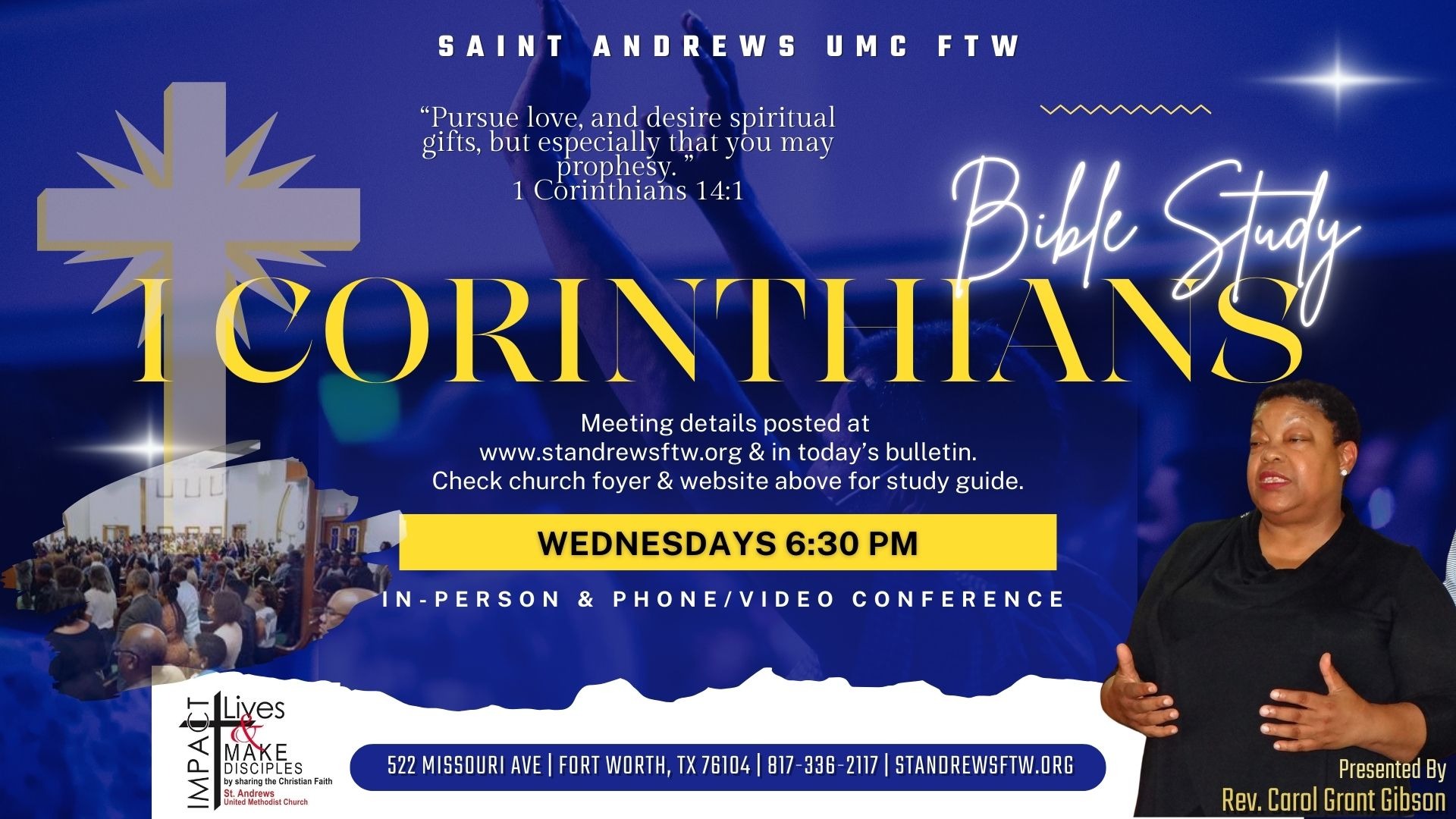Chapter 7
1. Why is it good for a man not to have sexual relations according to Paul? (7:1)
2. What are Paul's instructions to married Christians? (7:3-5,10-11)
3. Why did Paul label some instructions as his and other instructions as the Lord’s? (7:10, 12)
4. What does he advise those who are unmarried and widows? (7:8-9,25-40)
5. What does he tell Christians married to unbelievers? (7:12-16)
6. How is an unbelieving spouse sanctified simply be being married to a Christian? (7:14)
7. In what sense are a believer’s children holy? (7:14)
8. How are believers “free” when abandoned by an unbelieving spouse? (7:15)
9. Should we always accept our situation as assigned by God? (7:17, 20, 26)
10. How could a man become uncircumcised? (7:18)
11. Was Paul addressing actual slaves? (7:21-24)
12. What crisis did the Corinthians face? (7:26)
13. Why do married people face more troubles than single people? (7:18)
14. How are people with spouses to live as if they do not? (7:29)
15. Did Paul believe Christ would return in his lifetime? (7:29-31)
16. What advantage do the single have over the married? (32-35)
17. Is it better for Christians to remain single today? (7:38)
18. What restriction does Paul place on widows who desire to remarry? (7:39)
19. Why did Paul suggest that his opinions were shaped by God’s Spirit? (7:40)



